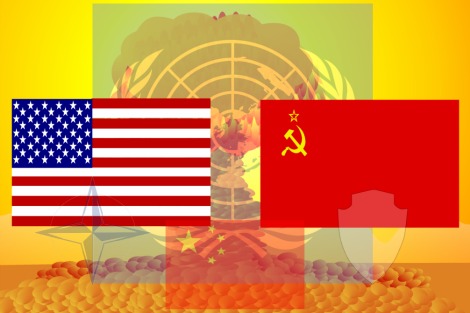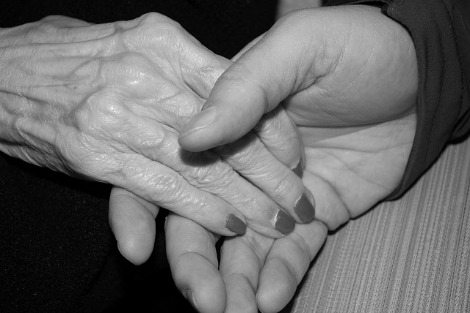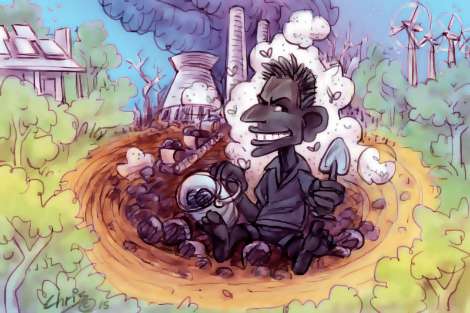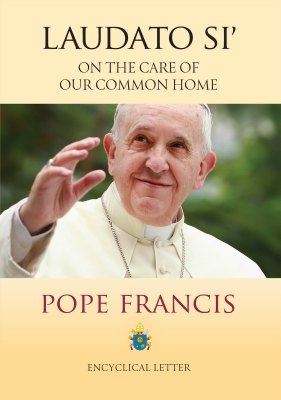Keywords: India
There are more than 200 results, only the first 200 are displayed here.
-

INTERNATIONAL
- Tony Kevin
- 09 November 2015
8 Comments
The US unipolar moment is ending. Real multipolarity is upon us, with Russia, China, India, Brazil, South Africa and Iran testing new multipolar arrangements for sharing world power. The US fears these changes, and would prefer to corral everybody back into the familiar bipolar camps of the past. This would be a disaster. Australia will benefit from a stable rules-based multipolar world, and our foreign policy can help build it. But we are going to have to take a few calculated risks along the way.
READ MORE 
-

INTERNATIONAL
- Catherine Marshall
- 23 October 2015
15 Comments
Sissies are on their way out on British playgrounds. Guidelines produced by the Institute of Physics for the Department of Education recommend that teachers strongly discourage sexist language at school. While internet forums are replete with admonitions from members of the public furious at the erosion of so-called free speech, the guidelines are a welcome tool in the long and exhausting fight for female equality, and Australia would do well to consider adopting such procedures too.
READ MORE 
-

ARTS AND CULTURE
- Gillian Bouras
- 07 October 2015
9 Comments
Well, I know the dehumanising rot began to set in a long time ago. I have a vision of George Orwell sitting on a cloud and wringing his hands in renewed horror, for now the business model and associated language appears to have taken over the world. In short, the changes in aged care could be counterproductive, as the aims of streamlined access and equity may result instead in the development of barriers and more inequity. Growing old clearly means more hard work, and more adjustment.
READ MORE 
-

- Frank Brennan
- 18 September 2015
Pope Francis's concerns are not narrowly dogmatic or pedagogical but universally pastoral. He knows that millions of people, including erstwhile Catholics, are now suspicious of or not helped by notions of tradition, authority, ritual and community when it comes to their own spiritual growth which is now more individual and eclectic. He wants to step beyond the Church's perceived lack of authenticity and its moral focus on individual matters, more often than not, sexual. He thinks the world is in a mess particularly with the state of the planet — climate change, loss of biodiversity and water shortages, but also with the oppression of the poor whose life basics are not assured by the operation of the free market, and with the clutter and violence of lives which are cheated the opportunity for interior peace. He is going to great pains to demystify his office. He wants all people of good will to emulate him and to be both joyful and troubled as they wrestle with the probl
READ MORE
-

ARTS AND CULTURE
- Bernard Appassamy
- 16 September 2015
4 Comments
400 years ago, when Mauritius was still uninhabited, a cyclone thrust three tall ships of the Dutch East India Company against the coral reef. As the ships were ripped apart and thousands of Ming porcelain pieces on board smashed, the crew fought for their lives, but 75 men including the fleet commander Admiral Pieter Both, drowned. I picture that Sunday afternoon in the 1980s when my mother and I were wading in the water close to a familiar beach and found washed up shards of the porcelain.
READ MORE 
-

- Frank Brennan
- 01 September 2015
1 Comment
If you want to form government in Australia and if you want to lead the Australian people to be more generous, making more places available for refugees to resettle permanently in Australia, you first have to stop the boats. If you want to restore some equity to the means of choosing only some tens of thousands of refugees per annum for permanent residence in Australia from the tens of millions of people displaced in the world, you need to secure the borders. The untrendy truth is that not all asylum seekers have the right to enter Australia but that those who are in direct flight from persecution whether that be in Sri Lanka or Indonesia do, and that it is possible fairly readily (and even on the high seas) to draw a distinction between those in direct flight and those engaged in secondary movement understandably dissatisfied with the level of protection and the transparency of processing in transit countries such as Malaysia and Indonesia. The popular evil is that political
READ MORE
-

AUSTRALIA
- Fatima Measham
- 24 August 2015
10 Comments
The epithets used against environment groups have been extraordinary after a judge of the Federal Court set aside Environment Minister Greg Hunt's approval of the Adani thermal coal mine. Perhaps legislation has always been an instrument for ideological agendas, but the compulsion and ease with which the Coalition has taken to the law to restrict scrutiny doesn't bode well for us.
READ MORE 
-

RELIGION
- Philomena van Rijswijk
- 12 August 2015
12 Comments
Our family life was fraught with conflict, centred on our parents' inability to cope with my father's serious mental illness. During the early years of her childhood, my sister was made my mother's intimate confidante. This was a time of anguish for Mum, about both her marriage and a series of tragic miscarriages. My sister left home when she was 14, and entered the juniorate on the way to becoming a nun.
READ MORE 
-

- Andrew Hamilton
- 30 July 2015
3 Comments
Ignatius of Loyola, whose feast day is on 31 July, is remembered for founding the Jesuits, for his Spiritual Exercises and for the effect Jesuits had on European history and in overseas missions. He was a man who made a difference. But during his life that reputation was not a done deal. One often overlooked event, more accurately an event that failed to happen, shaped decisively how he has come to be remembered.
READ MORE
-

RELIGION
- Neil Ormerod
- 15 July 2015
29 Comments
It is not surprising that The Australian should be leading the local pushback on the environmental encyclical Laudato Si'. What is surprising is that a Catholic priest - Fr James Grant - should be joining the chorus against the encyclical, initially in an IPA media release. His more recent contribution to The Australian is right out of the briefing notes supplied by the coal industry in its global public relations efforts to shore up its waning reputation.
READ MORE 
-

AUSTRALIA
On Saturday, a Victory Parade will commemorate the 70th anniversary of the final defeat of Fascist Germany. It is a fitting tribute to the heroism of the Russian people for their huge sacrifices and sufferings in a common cause with the west. Many leaders including US President George W. Bush attended the 60th, but a specious rationale is dictating a boycott this time around.
READ MORE 
-

ECONOMICS
- David James
- 28 April 2015
2 Comments
The conflict in the Ukraine has attracted a great deal of attention for its geo-strategic implications. Less noticed have been the economic implications. The sanctions placed on Russia have forced Russia to become even closer to China, and the alliance between a military superpower and an economic superpower is beginning to split the global economy in two. It may come to represent the biggest geo-economic and geo-political shift of the first half of this century, defining much of the future landscape.
READ MORE 